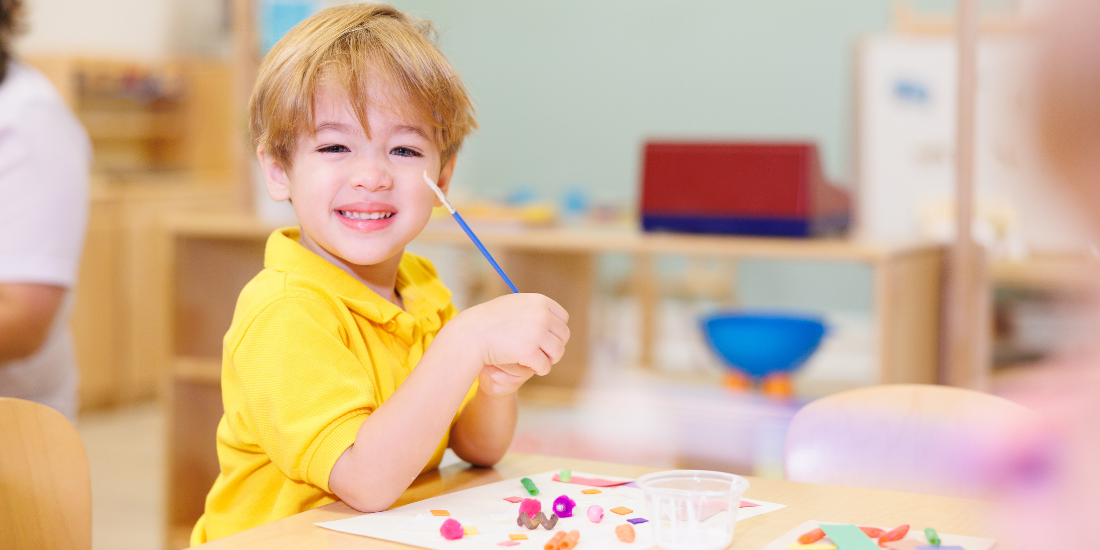
How to Foster Creativity During the Early Years
Early childhood is a critical time for laying the foundation for lifelong learning. Science activities foster curiosity and help students develop an early understanding of the world. The best pre-K programs recognize this and incorporate science concepts into their curriculum to ignite a love for discovery in young children. Here are some valuable science concepts toddlers will learn in preschool.
Observation and Exploration
One of the fundamental science concepts taught in the best pre-K schools is observation and exploration. At this stage, children are naturally curious, and they learn best through hands-on activities that allow them to explore their environment. These programs encourage students to observe things like how plants grow and explore the properties of water, fostering an early understanding of the natural world.
Cause and Effect
Another valuable concept is cause and effect. Children begin to understand how actions can lead to specific outcomes through simple experiments, like mixing colors or observing what happens when different objects are placed in water. This foundational concept encourages interactivity, which greatly contributes to their future academic success. According to a study by the University of Chicago, students who physically engage with scientific concepts understand them more deeply and score better on science tests.
Classification
The best pre-K programs also introduce the concept of classification. Children learn to group objects based on similarities and differences, such as sorting leaves by shape or organizing toys by size. This skill helps them develop logical thinking and is a precursor to more advanced scientific methods they will encounter in later education.
The Importance of Inquiry
Science also helps emphasize the importance of inquiry. By encouraging young children to ask questions like “Why?” and “How?”; they foster a mindset that is essential for scientific exploration. Teachers guide students to explore and seek answers, nurturing their ability to think critically and solve problems.
Understanding Life Cycles
Finally, the concept of life cycles is often introduced through the observation of plants, insects, and animals. By watching a seed grow into a plant or a caterpillar transform into a butterfly, preschoolers learn about the stages of life and the continuity of living things.
The best pre-K schools go beyond basic instruction to instill a deep sense of curiosity and understanding in young students. For parents seeking a strong start for their child’s education, reach out to The Learning World Venetian to learn about the way science and STEAM are integrated in our curriculum. We’re committed to enriching your child’s understanding and interest in these essential subjects.
